
10 ALARMING Signs of Chronic Kidney Disease (Are You at Risk?)
Chronic Kidney Disease (CKD) is often called a "silent killer" because it can progress slowly and without noticeable symptoms until it reaches a dangerous, advanced stage. The kidneys perform vital functions like filtering waste from the blood, balancing fluids, regulating blood pressure, and producing hormones. When they become damaged over time, these functions start to break down, potentially leading to kidney failure and other life-threatening complications.
Recognizing the early signs of kidney trouble can literally save your life. Below are 10 key warning symptoms that could signal your kidneys are in trouble—along with tips on what to do if you experience them.
1. Fatigue and Low Energy
When your kidneys don’t function properly, toxins and waste accumulate in your bloodstream. This overload can lead to persistent fatigue, decreased energy levels, and difficulty focusing.
Why it matters: These symptoms may also indicate anemia, a common complication of CKD, where the kidneys fail to produce enough erythropoietin, a hormone needed for red blood cell production.
Extra tip: If you find yourself sleeping more than usual or struggling to complete daily tasks, it's time to get your blood checked.
2. Swelling in Ankles, Feet, or Hands
One of the kidneys’ main roles is to balance sodium and fluids in your body. When kidney function declines, fluid retention increases, causing swelling (edema), particularly in the lower extremities.
Don’t ignore: Persistent puffiness, especially if accompanied by other symptoms, may be a strong indicator of kidney distress.
Bonus insight: Edema can also cause weight gain and make shoes or rings feel unusually tight.
3. Changes in Urination
Since urine is directly related to kidney health, any unusual changes should not be taken lightly. Watch out for:
-
Increased or decreased frequency of urination
-
Foamy or bubbly urine
-
Blood in urine (hematuria)
-
Dark, tea-colored urine
Track it: These signs point to potential kidney dysfunction or even infection.
Pro tip: Keeping a urine journal can help you detect patterns and provide valuable information to your doctor.
4. Shortness of Breath
Kidney issues can cause fluid buildup not only in the legs but also in the lungs, making it hard to breathe—especially when lying down or after minimal exertion.
Warning sign: This symptom can be mistaken for asthma or heart problems but may stem from fluid overload due to kidney failure.
Added note: If shortness of breath occurs suddenly or worsens quickly, seek emergency care.
5. Persistent Itching
When kidney function decreases, it can throw off the balance of minerals such as calcium and phosphorus. This imbalance leads to dry, itchy skin that doesn’t improve with moisturizers.
Chronic itching = kidney alert.
Extended info: This condition, known as uremic pruritus, can also disturb sleep and affect overall quality of life.
6. Metallic Taste in Mouth and Bad Breath
A build-up of waste in the blood (uremia) can cause a metallic or ammonia-like taste in the mouth, along with foul-smelling breath. It can also lead to a noticeable loss of appetite and weight.
Significance: This is often seen in moderate to advanced stages of CKD.
Pro tip: If food starts to taste odd and you’re losing interest in meals, get evaluated for kidney function.
7. Muscle Cramps
Frequent or unexplained muscle cramps, particularly in the legs, can result from electrolyte imbalances caused by declining kidney function. Low calcium, high phosphorus, and poor blood flow all play a role.
Don’t brush it off: Cramps may indicate deeper issues related to kidney regulation of minerals and nutrients.
Added tip: Magnesium deficiency may also contribute—ask your doctor for a comprehensive blood panel.
8. Nausea and Vomiting
Toxins that accumulate in the bloodstream can irritate the digestive tract, resulting in nausea, vomiting, and a general feeling of queasiness.
Act fast: This can be a red flag for severe uremia, a condition where waste levels in the blood become dangerously high.
Extra insight: Ongoing nausea can lead to dehydration, further stressing your kidneys.
9. Difficulty Sleeping
Toxins that remain in the body due to poor filtration can affect your sleep cycle. Many CKD patients suffer from insomnia, restless leg syndrome, or even sleep apnea.
Poor sleep = kidney warning.
Added fact: Sleep disruptions can also accelerate kidney damage by increasing blood pressure and inflammation.
10. High Blood Pressure
Healthy kidneys help regulate blood pressure. But when they become damaged, they can either cause or worsen high blood pressure—creating a vicious cycle.
Vicious cycle: Uncontrolled hypertension can lead to faster deterioration of kidney function.
Pro tip: Invest in a home blood pressure monitor and keep a daily log to share with your healthcare provider.
Are You at Risk?
Certain factors make you more susceptible to chronic kidney disease, including:
-
Diabetes or high blood pressure
-
A family history of kidney disease
-
Age over 60
-
Obesity or smoking
-
Frequent use of NSAIDs or over-the-counter painkillers
Extended tip: If you fall into one or more of these categories, schedule routine kidney checkups—even if you feel fine.
What You Can Do
Early detection is your best defense. If you notice one or more of these symptoms, don’t delay. Speak with your doctor about:
-
Blood and urine tests (e.g., GFR, creatinine, albumin levels)
-
Blood pressure and glucose management
-
Adopting a kidney-friendly diet
-
Limiting salt, processed foods, and sugary drinks
-
Quitting smoking and maintaining a healthy weight
Empower yourself: Lifestyle changes and early treatment can significantly slow disease progression.
Conclusion
Chronic Kidney Disease often develops silently, but your body gives you clues. By recognizing and acting on these 10 critical warning signs, you can protect your kidneys, improve your quality of life, and prevent more serious health issues down the road. Be proactive—your kidneys will thank you.
News in the same category


You Cannot HEAL Your KIDNEYS If You Don’t EAT These 15 Fruits!

Most People Ignore Aloe Vera—Until They Face One of These 16 Problems

🥕 Feeling Heavy, Bloated, and Tired? Try This Simple Morning Drink to Feel Lighter and Energized
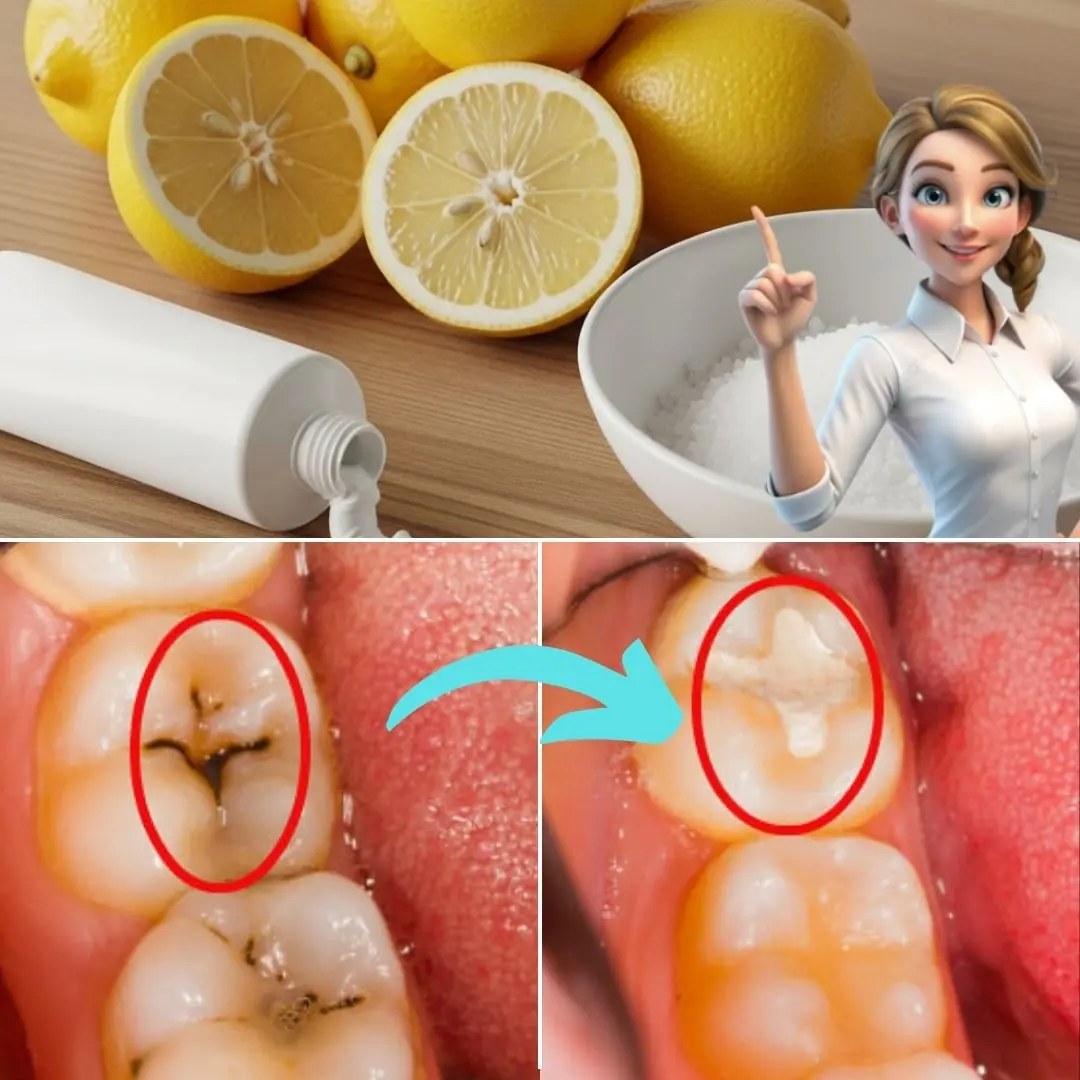
Baking Soda and Lemon: 8 Potential Health Benefits for Women to Explore
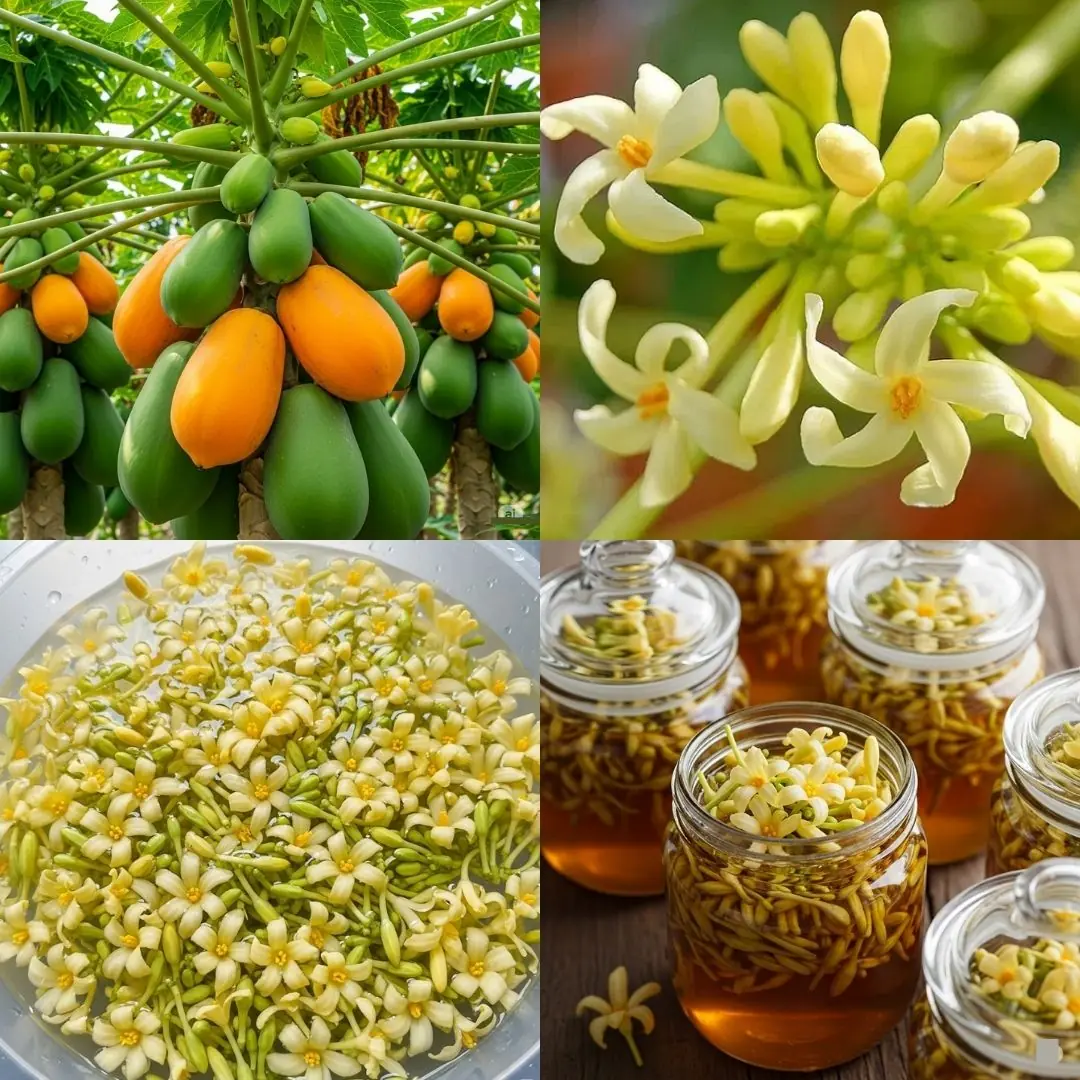
12 Amazing Health Benefits of Papaya Flowers: A Jar of Papaya Flowers in Honey Can Help Your Whole Family Anytime

35 Years Without Illness: My Natural Formula for Clear Eyes, Sharp Mind, and Stable Blood Pressure
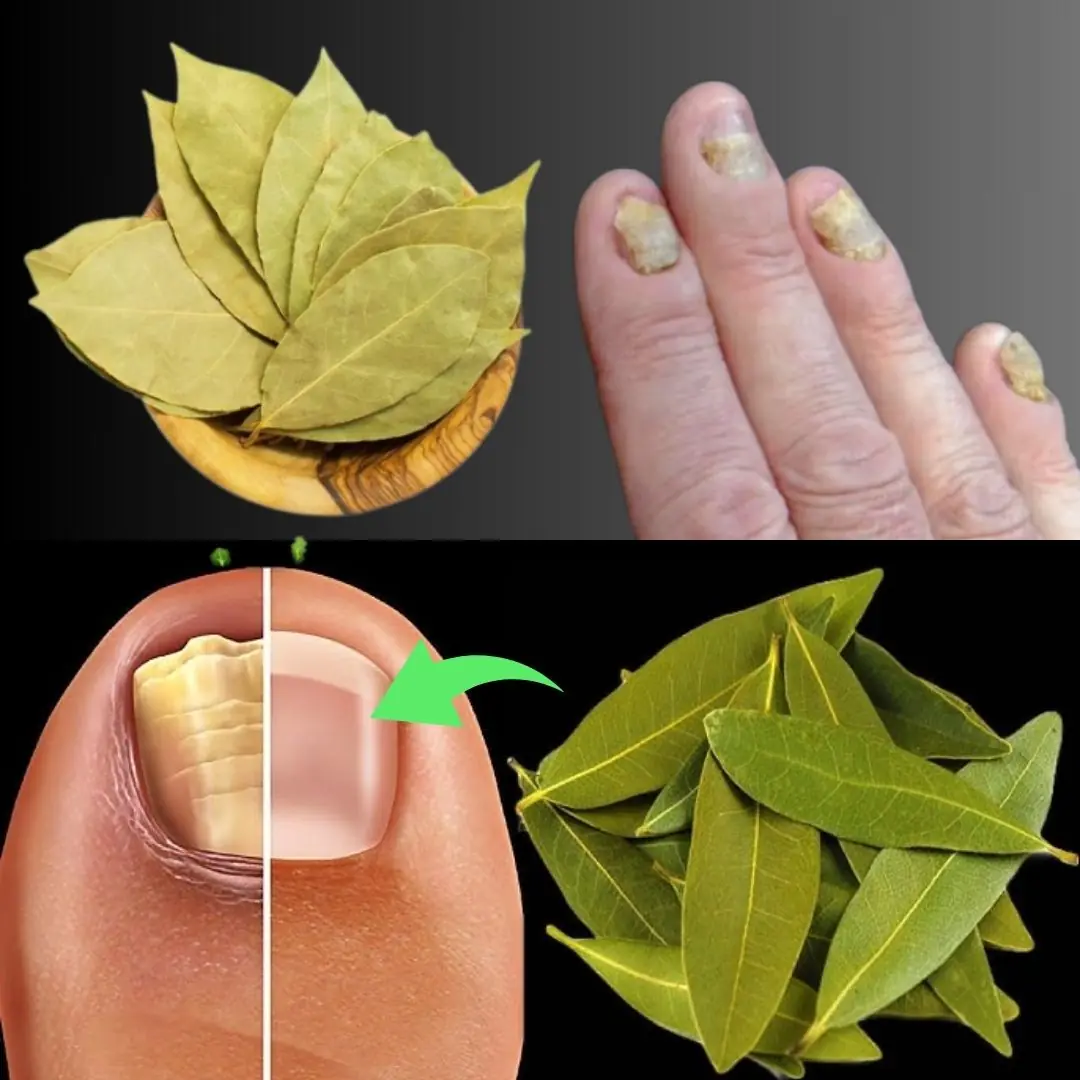
Say Goodbye to Nail Fungus for Less Than $0.50! A Simple Bay Leaf Remedy That Works
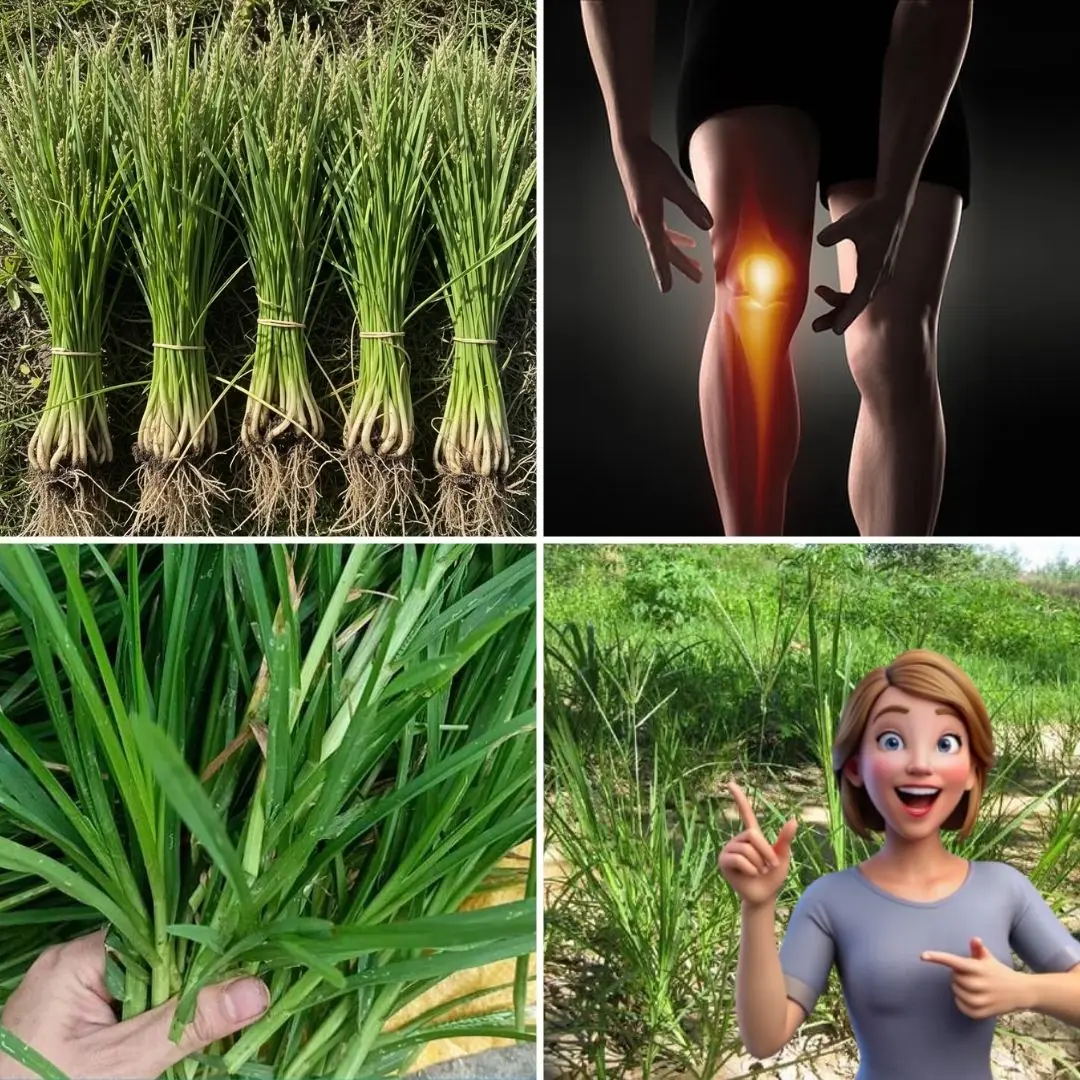
Nature’s Overlooked Healer: Astonishing Benefits of Goosegrass You Need to Know

From Bedbound to Bounding: Unleash the Power of a Ginger, Lemon, and Carrot Detox

This Natural Drink From Dr. Frank Suárez May Eliminate Diabetes, Poor Circulation, Fatty Liver, Joint Pain, Stomach Issues, and Even Cancer — All Without Medication
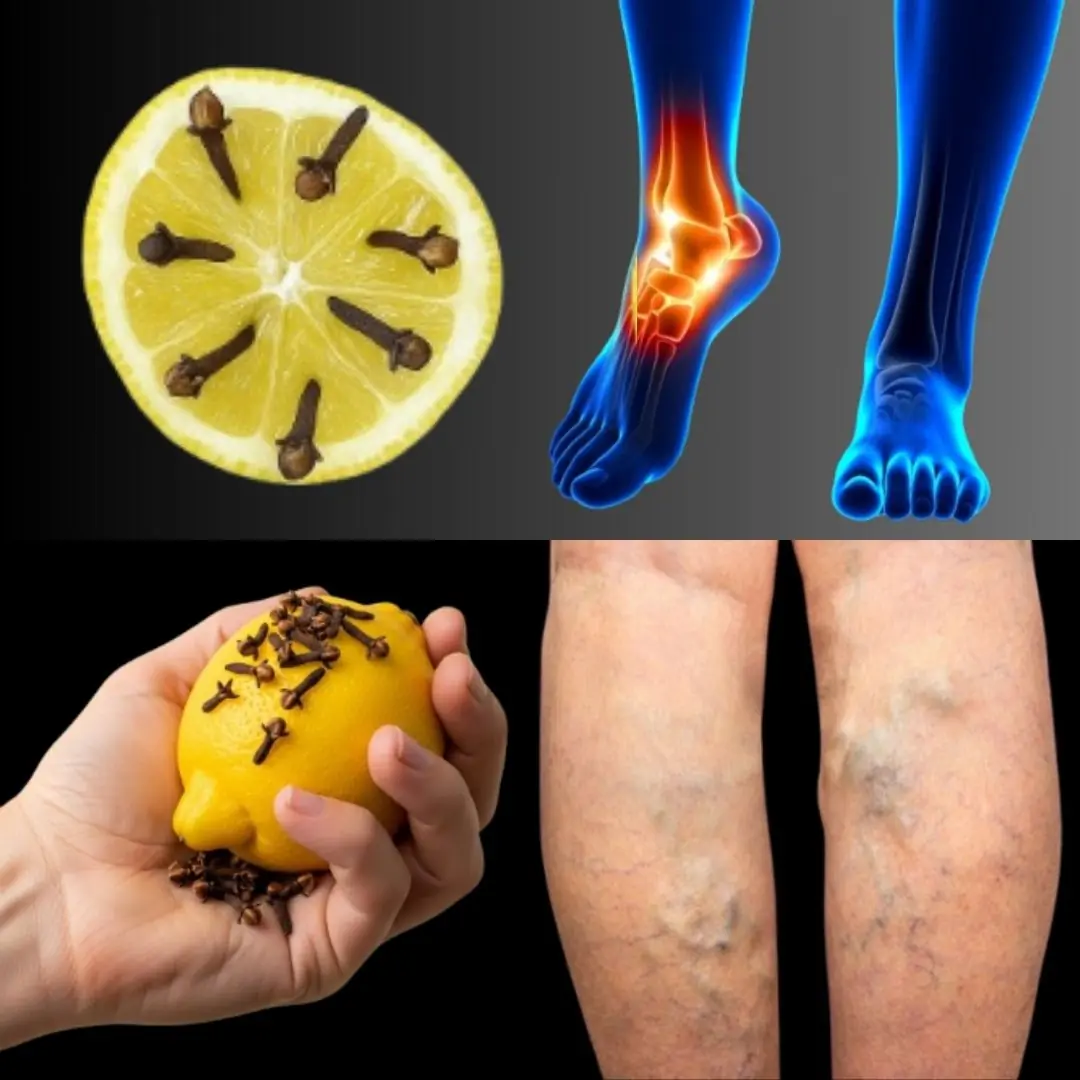
Mom’s Natural Remedy with Lemon: A Modern Cure-All for Pain and Inflammation 🍋🌿

Unlock the Secret Elixir: Why Ginger, Cloves, and Lipton Tea Could Transform Your Health

🌿 The Hidden Power of Papaya Leaves: Nature’s Unseen Healer

Clove, Honey, and Cinnamon Blend: A Simple Daily Remedy for Wellness
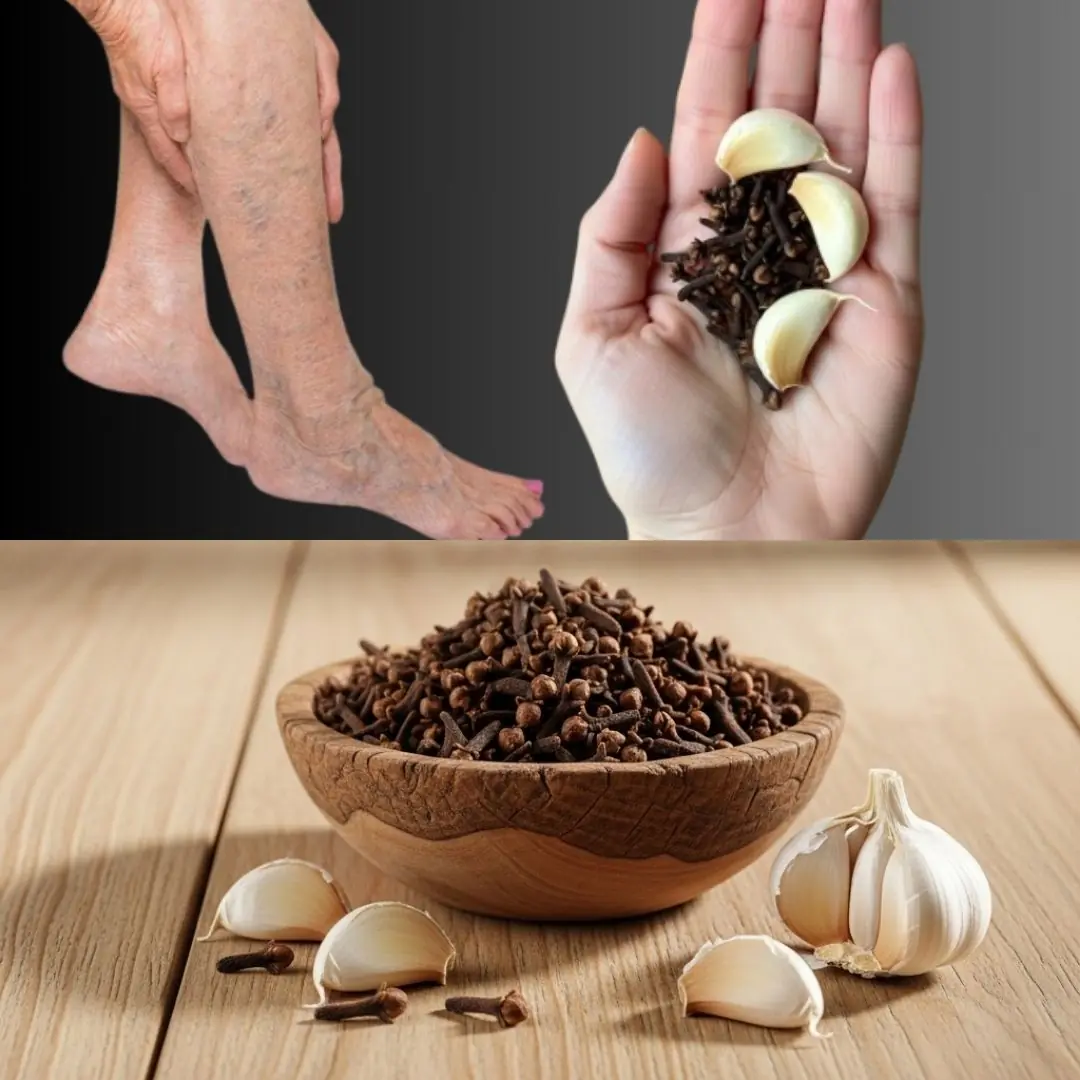
Leg Pain, Rheumatism, Varicose Veins, and Arthritis? Try This Simple Garlic & Olive Oil Remedy!
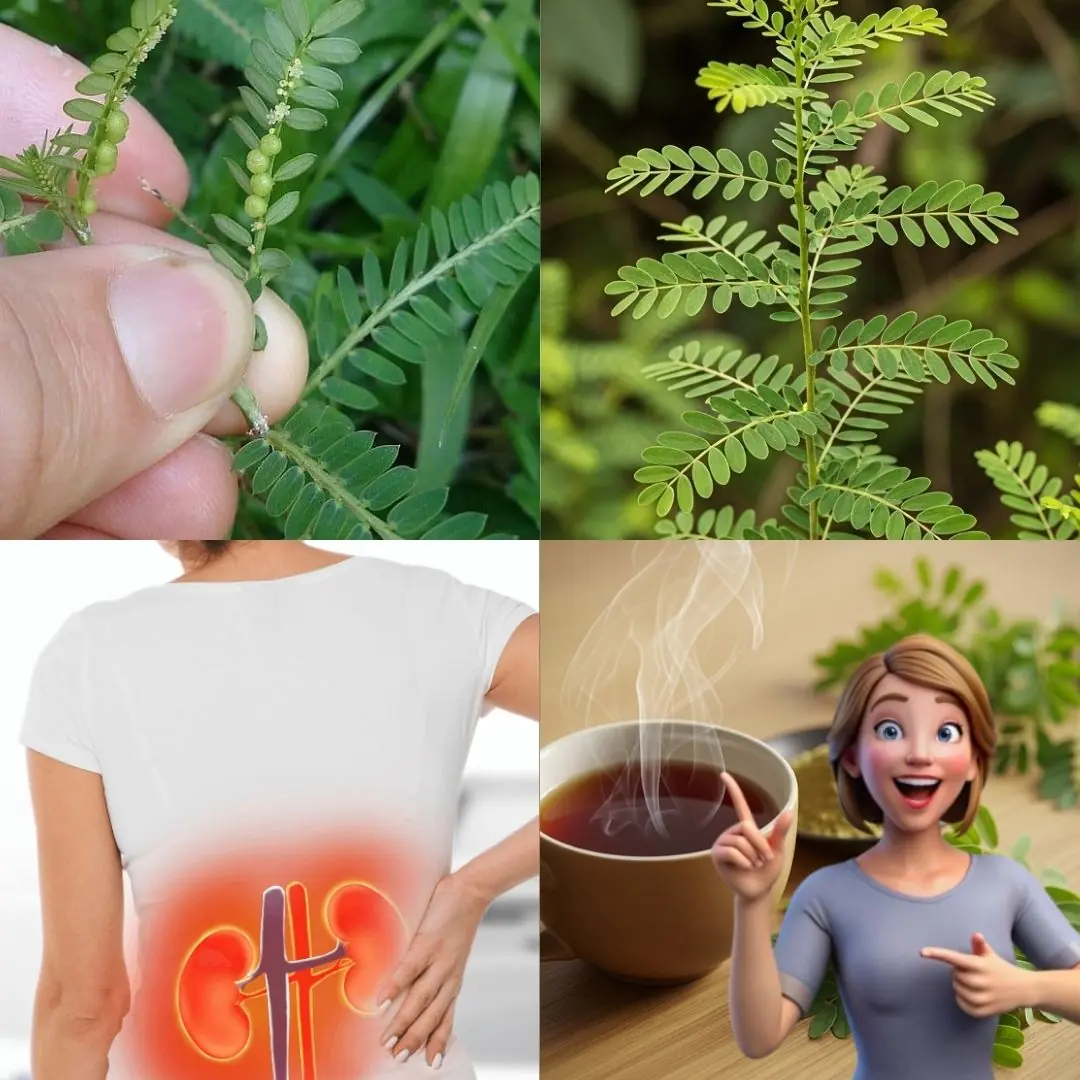
12 Incredible Health Benefits of Phyllanthus Niruri – Don’t Throw It Away!

Eat Chia Seeds at Night for 1 Week & See What Happens to You! 🌙✨

16 Benefits of Chayote Juice: Say Goodbye to Pills and Hello to Natural Healing
News Post

The Back of Your Hand Reveals Longevity Secrets: 4 Signs Everyone Should Check

13cm of Intestine Fell Out After 2 Hours on the Phone in the Toilet: 5 Dangers of Using Your Phone in the Bathroom

Don't Drink Water Right After Waking Up — Doctors Recommend Doing These 5 Things First

Discover the Magic of Guava Leaf Tea: Your Secret to Vibrant Health

You Cannot HEAL Your KIDNEYS If You Don’t EAT These 15 Fruits!

Most People Ignore Aloe Vera—Until They Face One of These 16 Problems

🥕 Feeling Heavy, Bloated, and Tired? Try This Simple Morning Drink to Feel Lighter and Energized

Baking Soda and Lemon: 8 Potential Health Benefits for Women to Explore

12 Amazing Health Benefits of Papaya Flowers: A Jar of Papaya Flowers in Honey Can Help Your Whole Family Anytime
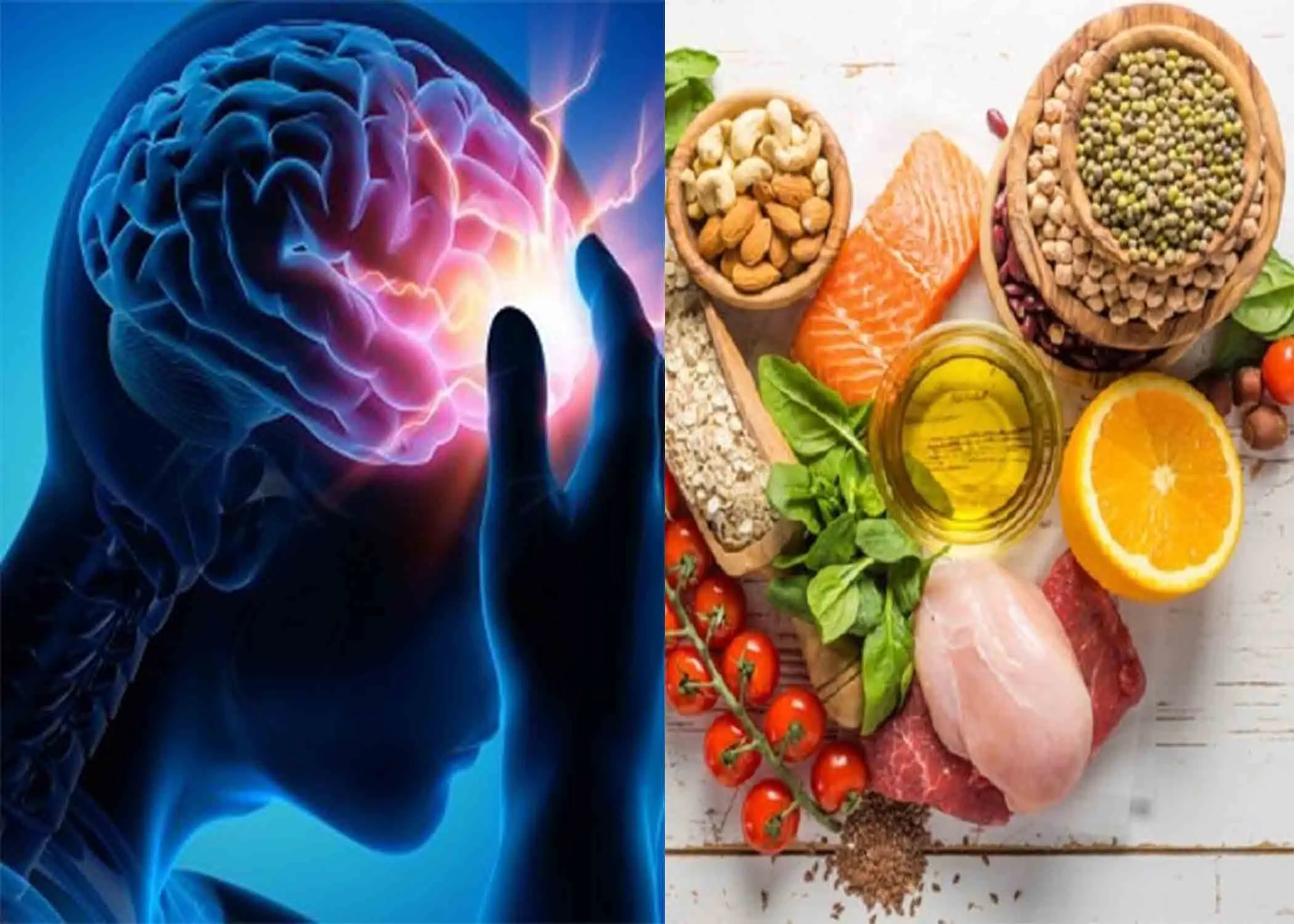
A 40-Year-Old Man Suffers a Stroke After Dinner: Doctor Points Out 3 Critical Mistakes
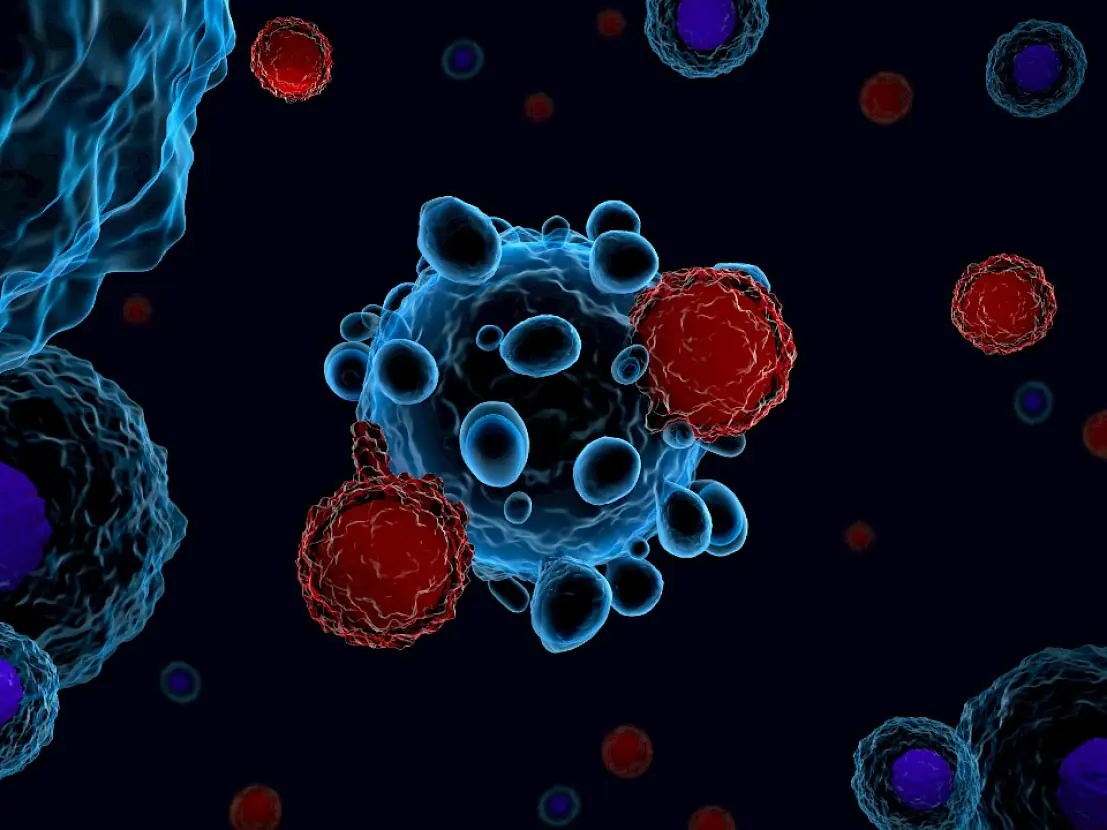
This Fruit Is Eaten Every Morning by a Famous Billionaire: A Powerful Secret to Fighting Cancer
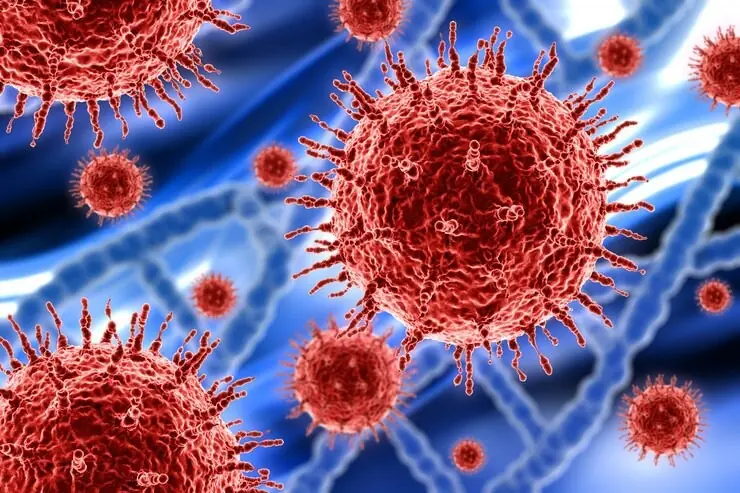
Warning Signs in Your Stool That May Indicate Colon Cancer: Seek Medical Attention Immediately
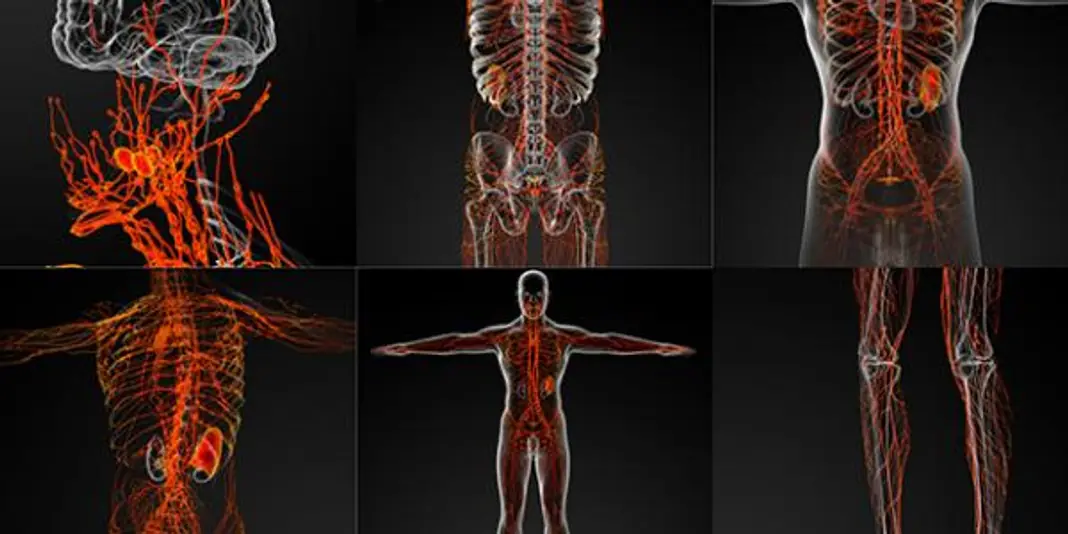
10 Effective Ways to Boost Your Lymphatic System Health
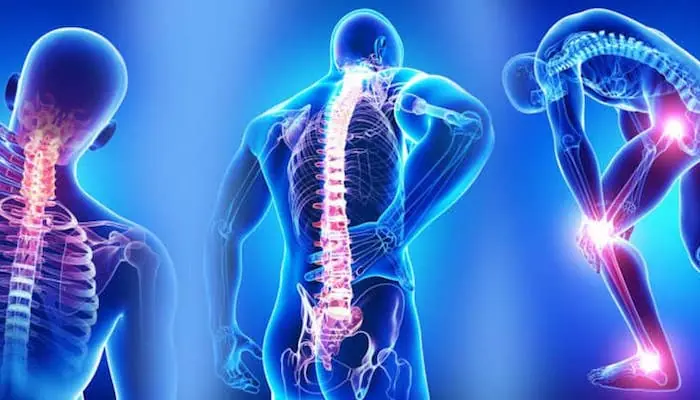
Fibromyalgia: Understanding Symptoms & 8 Natural Ways to Find Relief
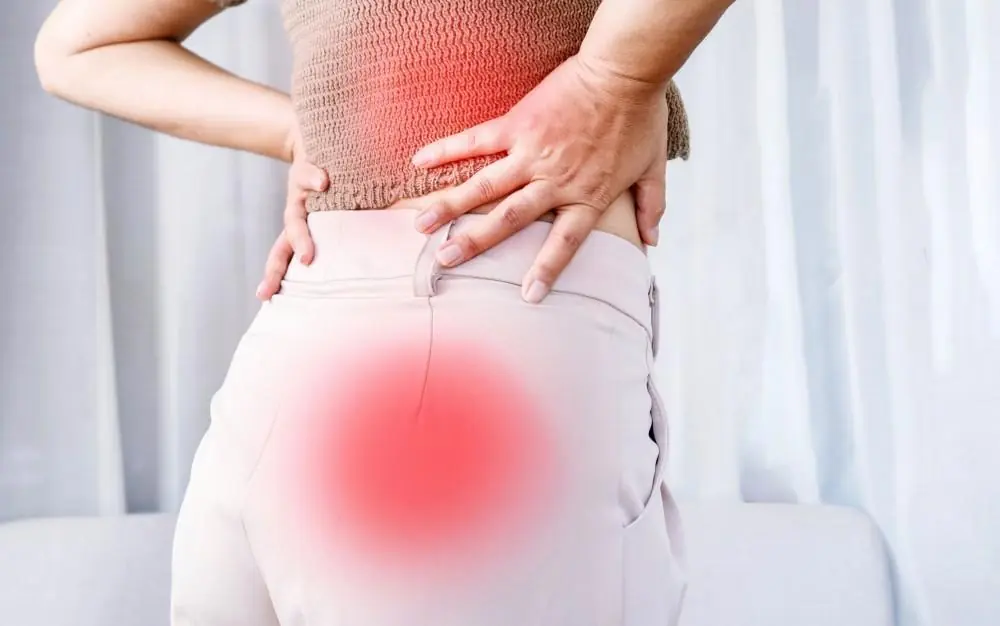
Powerful Piriformis Stretches to Soothe Sciatic, Hip, and Lower Back Pain

35 Years Without Illness: My Natural Formula for Clear Eyes, Sharp Mind, and Stable Blood Pressure

Say Goodbye to Nail Fungus for Less Than $0.50! A Simple Bay Leaf Remedy That Works

Nature’s Overlooked Healer: Astonishing Benefits of Goosegrass You Need to Know
